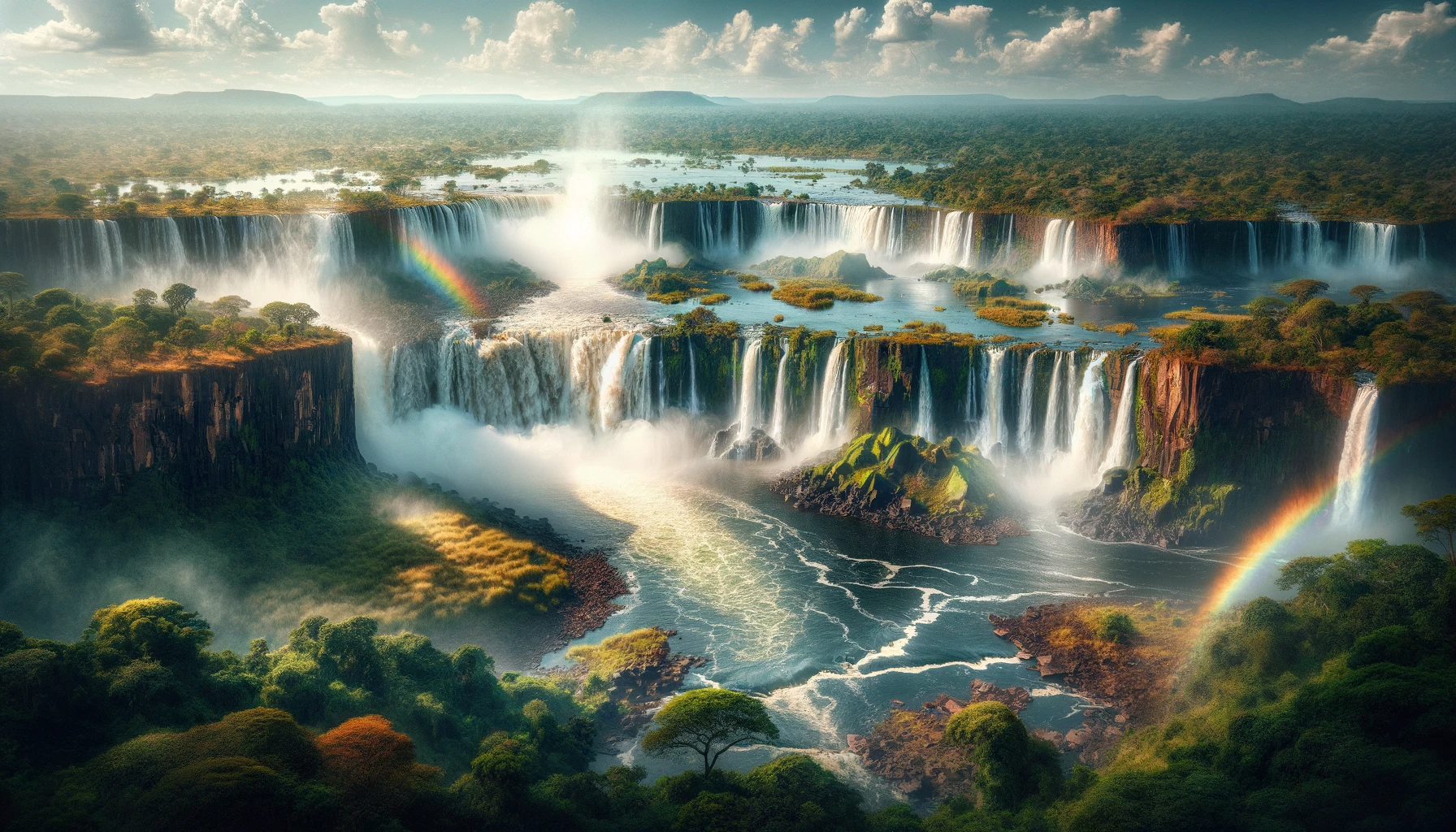Zambia is a country with a rich cultural heritage, abundant natural resources, and significant potential for growth. It continues to navigate its development challenges, striving for economic diversification, improved social services, and sustainable environmental practices.
List of National and Public Holidays for Zambia in the year 2025
- New Year’s Day is on Wednesday, 1st January 2025.
- International Women’s Day is on Saturday, 8th March 2025.
- Youth Day is on Wednesday, 12th March 2025.
- Good Friday is on Friday, 18th April 2025.
- Easter Saturday is on Saturday, 19th April 2025.
- Easter Monday is on Monday, 21st April 2025.
- Labour Day is on Thursday, 1st May 2025.
- Kenneth Kaunda Brithday is on Monday, 28th April 2025.
- Africa Day is on Sunday, 25th May 2025.
- Heroes’ Day is on Monday, 7th July 2025.
- Unity Day is on Tuesday, 8th July 2025.
- Farmers’ Day is on Monday, 4th August 2025.
- Prayer Day is on Saturday, 18th October 2025.
- Independence Day is on Friday, 24th October 2025.
- Christmas Day is on Thursday, 25th December 2025.
List of National and Public Holidays for Zambia in the year 2024
- New Year’s Day: Monday, 1 January 2024
- International Women’s Day: Friday, 8 March 2024
- Youth Day: Tuesday, 12 March 2024
- Good Friday: Friday, 29 March 2024
- Easter Saturday: Saturday, 30 March 2024
- Easter Monday: Monday, 1 April 2024
- Kenneth Kaunda Birthday: Sunday, 28 April 2024
- Labour Day: Wednesday, 1 May 2024
- Africa Day: Saturday, 25 May 2024
- Heroes’ Day: Monday, 1 July 2024
- Unity Day: Tuesday, 2 July 2024
- Farmers’ Day: Monday, 5 August 2024
- Prayer Day: Friday, 18 October 2024
- Independence Day: Thursday, 24 October 2024
- Christmas Day: Wednesday, 25 December 202

History
- Early History: The area now known as Zambia has been inhabited for thousands of years by Khoisan people, followed by Bantu migrations in the 12th century.
- Colonial Era: Became part of the British Empire in the late 19th century, known then as Northern Rhodesia.
- Independence: Gained independence in 1964, with Kenneth Kaunda becoming its first president.
- Post-Independence: Experienced a one-party state period under Kaunda until the 1990s, followed by a transition to a multi-party democracy.
Geography
- Location: Landlocked in Southern Africa, bordered by Angola, the Democratic Republic of the Congo, Tanzania, Malawi, Mozambique, Zimbabwe, Botswana, and Namibia.
- Terrain and Climate: Dominated by a high plateau, with the Zambezi, Kafue, and Luangwa rivers cutting through it. The Victoria Falls on the Zambezi River is one of the most famous natural wonders.
- Climate: Tropical, modified by altitude, with a wet season from November to April and a dry season from May to October.
Culture
- Ethnic Diversity: Home to over 70 ethnic groups, each with its own customs and languages. The Bemba, Nyanja, Tonga, and Lozi are among the major ethnic groups.
- Arts and Music: Rich in traditional music, dance, and art, reflecting the diverse cultural heritage of its people.
- Cuisine: Zambian cuisine includes staples like nshima (a maize porridge), fish, and various meats, often served with side dishes like vegetables or relishes.
Economy
- Copper Mining: Historically, the economy has been heavily dependent on copper mining. Fluctuations in copper prices have significantly impacted the economy.
- Agriculture: Agriculture is a key livelihood for the majority of Zambians, with maize being the principal crop.
- Economic Challenges and Development: Challenges include high unemployment, poverty, and diversifying the economy. Recent developments focus on sectors like tourism, agriculture, and energy.
Society
- Population: Characterized by a young, predominantly rural population.
- Languages: English is the official language, facilitating national cohesion, with several indigenous languages widely spoken.
- Education and Healthcare: Government initiatives aim at improving access to education and healthcare, though challenges remain in both sectors.
Environmental Concerns
- Biodiversity and Conservation: Rich in wildlife and natural resources, with several national parks like South Luangwa and Kafue. Conservation efforts focus on protecting wildlife and ecosystems.
- Challenges: Issues include deforestation, wildlife poaching, and the impacts of climate change.
Government and Politics
- Political Structure: A republic with a presidential system of government. Regular elections are held, and there is a vibrant political scene.
- Stability and Governance: Known for its relative political stability in the region, Zambia continues to work on governance and anti-corruption measures.
Tourism
- Natural Attractions: Known for its stunning natural beauty, with attractions like the Victoria Falls, Lake Kariba, and numerous wildlife reserves offering safaris.
- Cultural Tourism: Opportunities to experience Zambia’s rich cultural heritage, including traditional ceremonies and markets.

